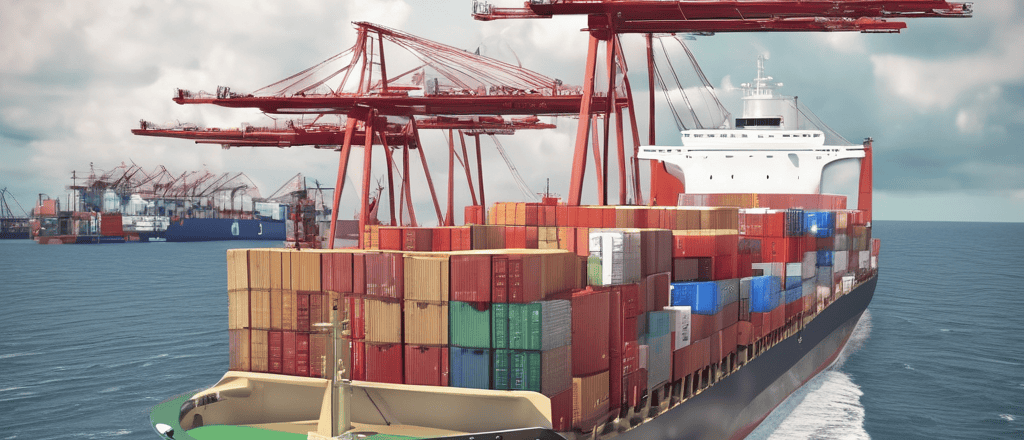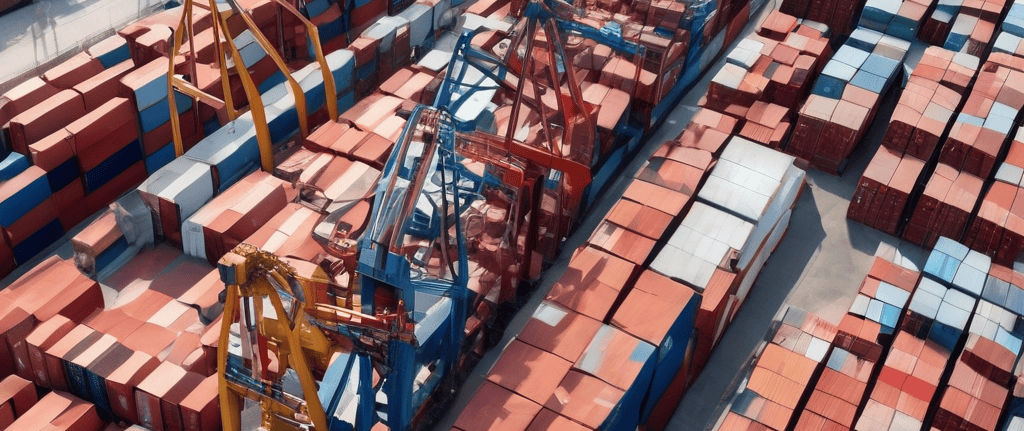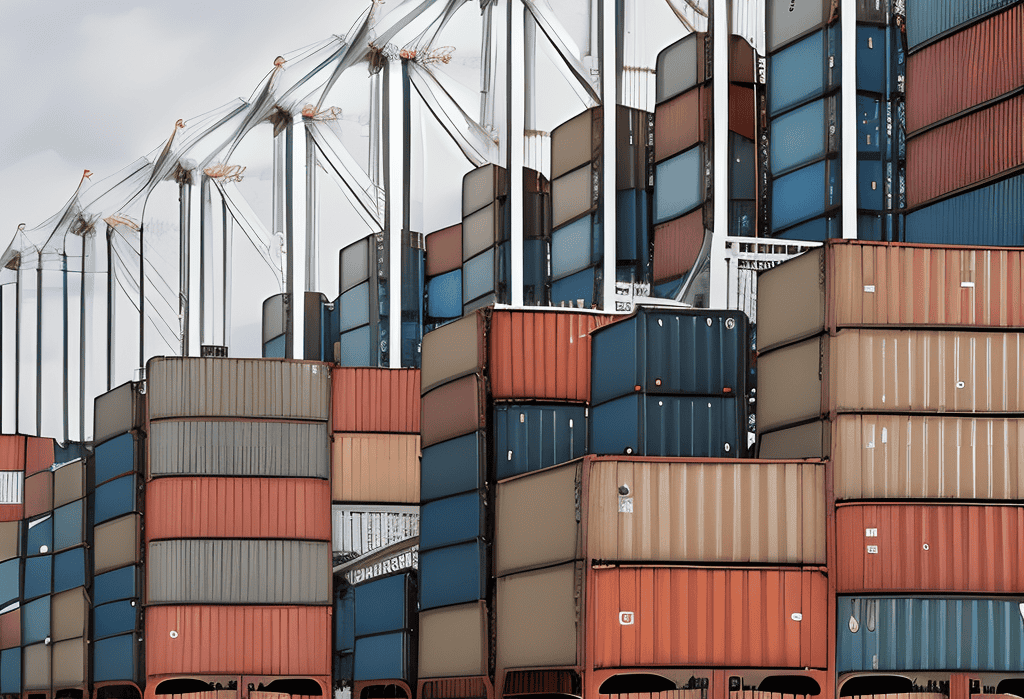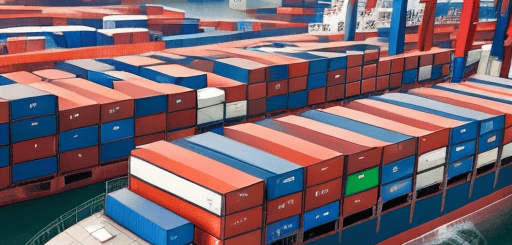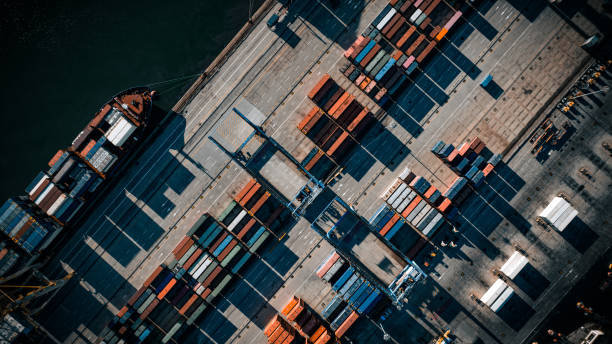Blockchain technology holds tremendous potential for transforming transparency, efficiency, and trust in international trade, revolutionizing the way goods are sourced, produced, and distributed across borders. By implementing blockchain solutions for transparency, supply chain visibility, and regulatory compliance, businesses can enhance operational efficiency, mitigate risks, and foster trust and transparency in global commerce.
Blockchain technology has emerged as a game-changer in the realm of international trade, offering unparalleled transparency, security, and efficiency in global supply chains. By leveraging blockchain's distributed ledger technology, businesses can enhance transparency, traceability, and trust in trade transactions, revolutionizing the way goods are sourced, produced, and distributed across borders. Here, we explore the role of blockchain in enhancing transparency in international trade and its potential impact on global commerce.
Unlocking the Potential of Blockchain in International Trade
- Transparency and Traceability:
Blockchain enables transparent, immutable records of trade transactions, providing stakeholders with real-time visibility into the movement of goods across the supply chain. By recording transactional data on a decentralized ledger, blockchain enhances traceability, reduces the risk of fraud and counterfeit goods, and ensures product authenticity throughout the supply chain.
- Supply Chain Efficiency:
Blockchain streamlines supply chain processes, automates documentation, and reduces administrative burdens associated with trade transactions. Smart contracts enable automated execution of contractual agreements, payment settlements, and customs clearance procedures, enhancing efficiency and reducing processing times in international trade operations.
- Trust and Security:
Blockchain's cryptographic algorithms and decentralized architecture ensure data integrity, security, and tamper-proof records of trade transactions. By eliminating the need for intermediaries and central authorities, blockchain enhances trust and reduces the risk of data manipulation, fraud, and unauthorized access in global trade networks.
Implementing Blockchain Solutions for Transparency in International Trade
- Supply Chain Visibility:
Implement blockchain-based supply chain platforms to provide stakeholders with real-time visibility into product provenance, shipment status, and inventory levels. Utilize IoT sensors, RFID tags, and QR codes to capture data at each stage of the supply chain and record transactional data on the blockchain for enhanced transparency and traceability.
- Trade Finance and Payments:
Utilize blockchain-based trade finance solutions to facilitate secure, transparent, and efficient payment settlements in international trade transactions. Implement smart contracts for automated payment processing, escrow services, and trade financing, reducing the risk of payment delays, disputes, and fraud in cross-border commerce.
- Regulatory Compliance and Certification:
Leverage blockchain for regulatory compliance, certification, and product authentication in international trade. Utilize blockchain-based platforms to record regulatory documentation, compliance certificates, and quality assurance records, ensuring adherence to import/export regulations, industry standards, and certification requirements.
#BlockchainTechnology #InternationalTrade #SupplyChainTransparency #TradeFinance #SmartContracts #SupplyChainVisibility #TradeDocumentation #BusinessInnovation #GlobalCommerce #SupplyChainManagement
Read more views



























